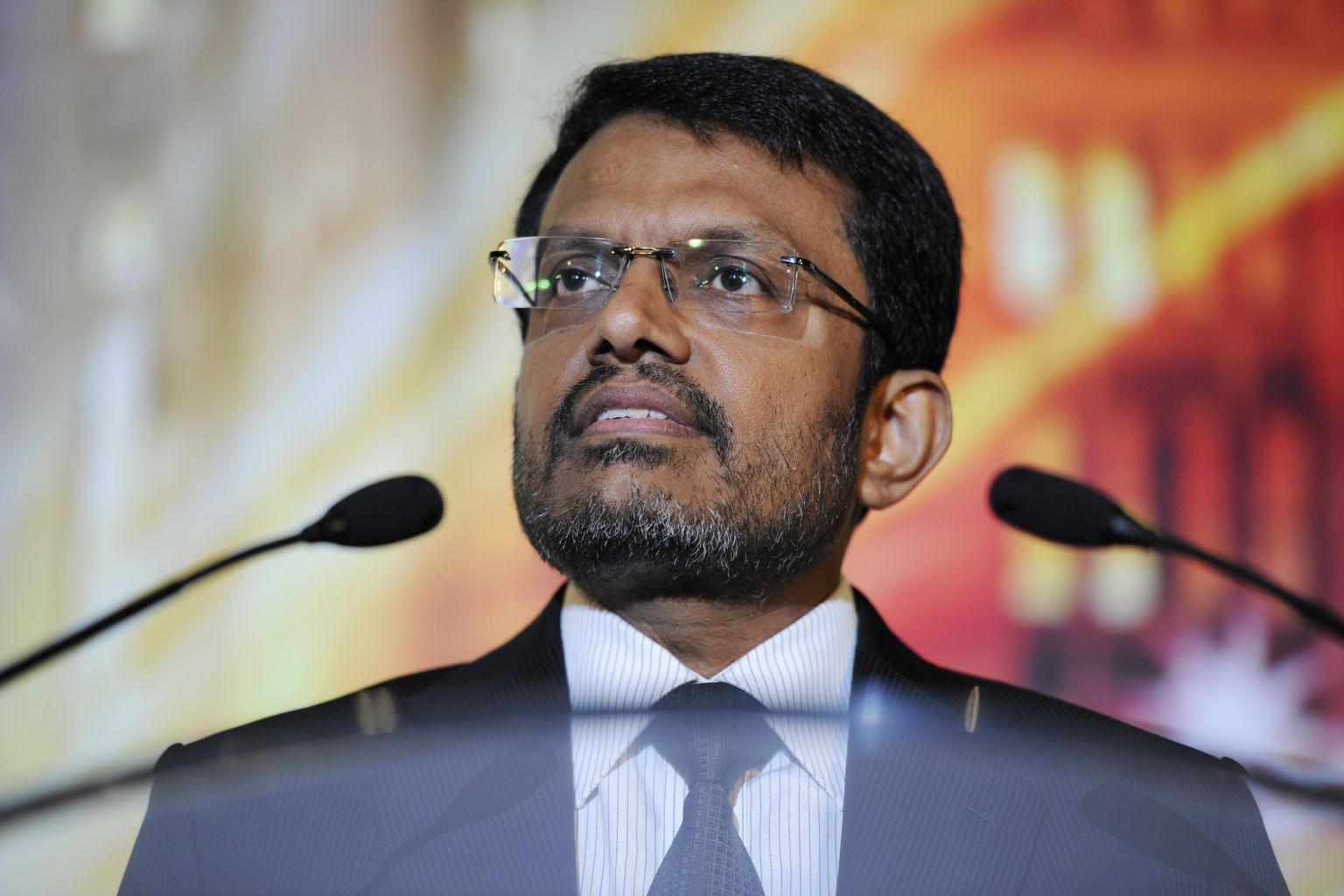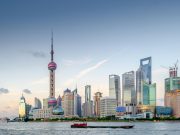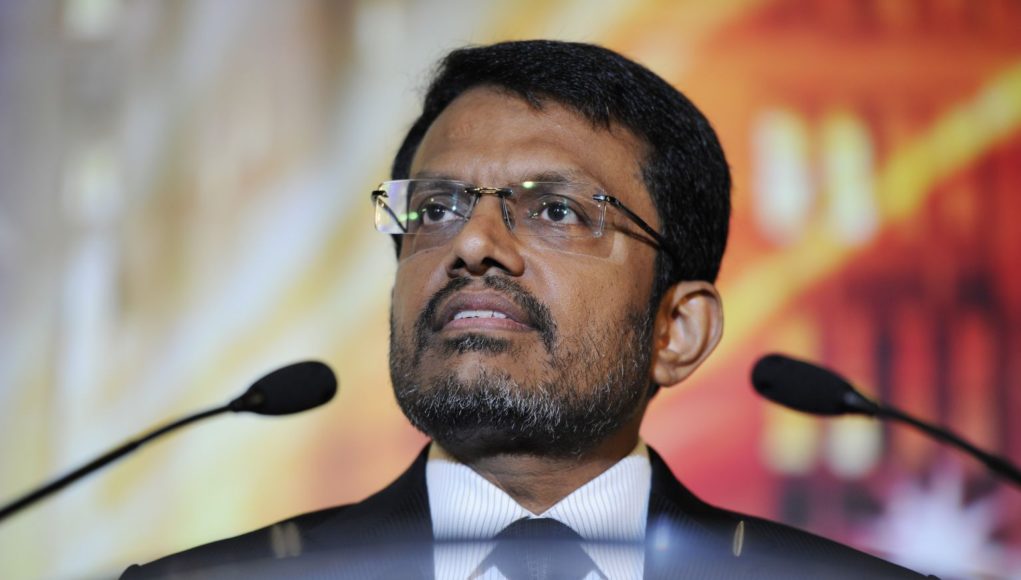He made such comments during a keynote speech at Caixin Summer Summit 2020 via a video conference from Singapore.
“COVID-19 has triggered the sharpest contraction in the global economy since the Great Depression of the 1930s,” he said, noting that the trajectory of the economy will be largely shaped by the trajectory of the pandemic – which is itself a significant source of uncertainty.

“Doing so will only diminish our collective resilience to shocks, not enhance it,” he said, noting that resilience is not achieved through insulation or in-shoring.
“The risk of secondary waves of infection is not trivial,” he added.
He said that those countries that have put in place strong safe management measures and a robust regime of testing, contact tracing, and swift isolation of infected persons, are more likely to minimize a second outbreak of infections and sustain their economic recovery.
“China’s experience is encouraging in this regard… It has been taking decisive steps to contain new outbreaks of infection while lifting movement restrictions and restoring economic activity.”
He reminded that it is important that as countries seek to contain the pandemic, they do so in a way that does not undermine connectivity among them.
“I think there are two priorities for international co-operation in the wake of Covid-19: first, keeping supply chains open; second, strengthening digital connectivity.”
The consensus in favor of globalization was already shifting before the virus hit, with growing concerns that the fruits of free trade and open markets were not shared equitably, he said.
Now, with Covid-19, doubts about the pace and scale of global economic integration have intensified.
Amid the lockdowns and disruptions in global supply chains, countries are realizing how dependent they are on these networks – and hence vulnerable; There is naturally a temptation to shorten supply chains, or bring onshore the production of essential goods, or impose export controls to conserve supplies for domestic use.
“There will likely be a shift in supply chains, with a rebalancing from efficiency to resilience. This is not necessarily bad, knowing what we now know about our vulnerabilities.”
He is calling to make a renewed commitment to keeping supply chains open.





































